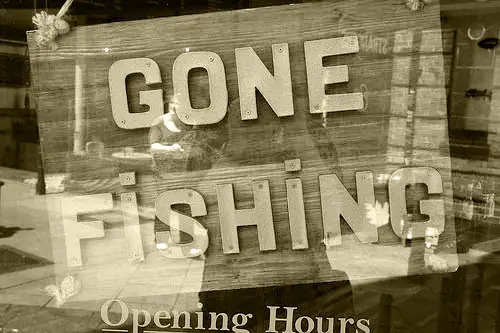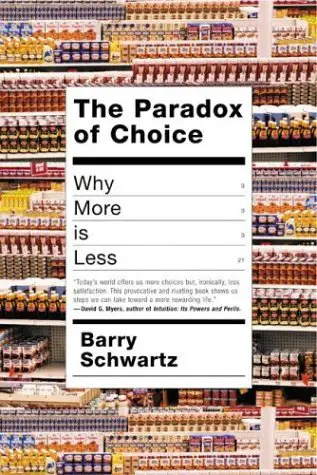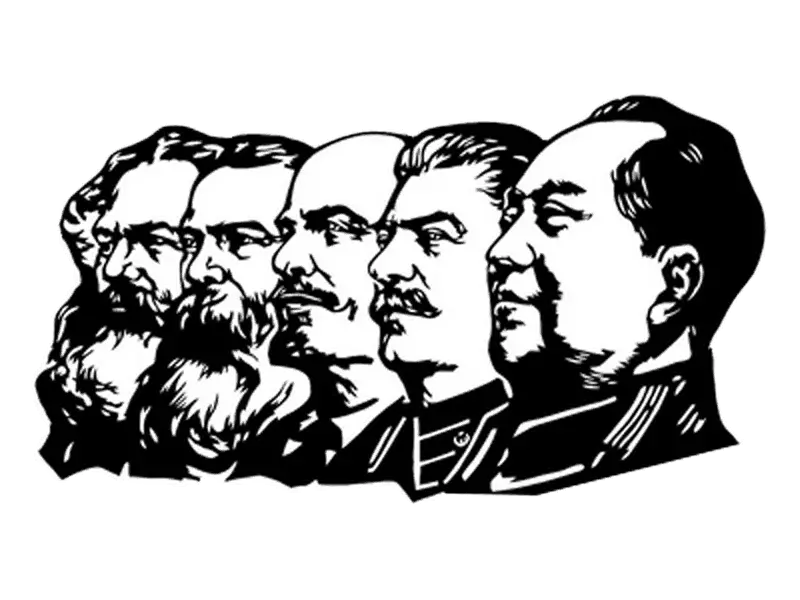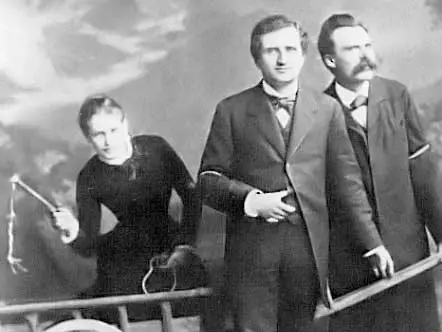A paradox of capitalism in form of a joke


A paradox of capitalism in form of a joke
There is this joke about a poor boy from a small village, in the beautiful surroundings of country life, fishing off the coast in his tiny boat. As the boy was fishing, a man approached him, admiring that he had already caught a couple of mid-sized fish.
“How long did it take you to catch this many?” he asked. — “A couple of hours”, the boy replied.
“Why don’t you stay longer to catch more?” he asked. — “This is more than enough for today and tomorrow”, the boy replied.
“Well, what do you do otherwise?” he asked. — “I will take a nap, play with my siblings, maybe watch some TV, or go to the cinema”, the boy replied.
At this stage, the man decided to show the boy that he was wasting his time:
“I can help you to become rich. If you fish a little longer every day, instead of taking your nap, you will be able to sell your surplus at the market. Instead of playing silly games with your siblings, you would be able to get a larger boat and catch even more fish. Instead of watching TV, you could get another boat with the extra money that you will have earned, and have your siblings fish with you. In the long run, you could own a whole fishing company”.
“Why would I do that?” asked the boy confused.
“Well, if you have your own company, you won’t need to sell your fish on the market any longer. You could sell it to big stores, or even start processing it yourself?”
“And why is that?” asked the boy, slowly getting more confused.
“With the profits you will be making, you could leave this coast, an fish throughout the gulfs and oceans; you could leave your village, move to a big city, buy a beautiful house, or several houses. If you do it right, you might even get into real estate”, said the man; envisages a great future for the boy.
“This sounds quite great mister”, said the boy. “But how long will it take me to have my own company, and buy several houses?”
The man thought a while, and told the boy it would take between 15 and 20 years. “It depends on the economy, and some luck; but if you work hard, you will be rich?”
The boy, liking the idea of being rich, asked the man: “What will I do next?”
Seeing some aspiration from the young lad, the man replied: “You could sell your company while it has an advantage, and retire early!”
“Retire sir?” — “Yes, you could stop working the long hours; maybe move to small village where you could take a nap whenever you want, play with your grandchildren, and watch old movies”.
Certainly, there are several issues with this joke that could be addressed. To start with, as many people have realized, it tells us something about our objectives in life. If you do not plan on retiring early (or if you live in big city ghetto, and want to have some peace and quite), there is little point in this joke.
Next to that, there are some pointless observations on morality: something along the lines of passivity of enjoying what you already have, because others desire that. This is quite a preposterous statement, and I could not understand why people would think that is the case.
What is quite interesting of this joke is an application of a Marxist analysis. Capitalism, as we know from Marx, is based on surplus value. The joke shows us that surplus value by itself is quite meaningless. It is the application of the surplus towards some end that revitalizes capitalism. It seems to me that this subject is quite under-analyzed in our understanding of workings of capitalism (in both positive and negative sense); even though there is a tremendous amount of work on the meaning of surplus value (or, it is more likely that I have not come across anything on this particular matter). Unfortunately, this means that the Marxist analysis will require even more analysis.
Back to the joke. Marx is widely quoted as saying:
“Sell a man a fish, he eats for a day, teach a man how to fish, you ruin a wonderful business opportunity”
Great as this sounds, and quite to be point, I am also unable to find the origin of this quote in Marx or Engels. Yet, even the noteworthy BBC claims this to be Marx’ words. Their analyst (Professor David Crystal)
“The two part structure sets up the expectation: ‘sell a man…’ vs ‘teach a man…’. And because there is a contrast, we expect the two parts to be balanced. We expect the bouncy rhythm of the first two clauses to be matched by a similarly bouncy rhythm in the next two. But we don’t get it. A clause of five syllables (‘he eats for a day’) is followed by one of fourteen syllables: ‘you ruin a wonderful business opportunity’. The extra weight of this clause hammers the point home” (source)
I truly hope that the “language expert” Professor Crystal, was somehow misquoted or that his point was entirely different. The weight and syllables and what-not – these are not points in Marx that we should be looking at. May I suggest to leave language (and I do not mean rhetoric!) out of political philosophy?
On a final note, and back to morality, what does the joke tell us? For once, I cannot discern anything in the sense of the political in there. Nevertheless, the joke does point towards a sense in each of us to become capitalists. It is obvious that the boy is interested in all of this – he may not know the economics jargon, but the whole prospect does sound appealing to him. It is not the case, as I expect some to claim, that the boy will have figured out that he is already in the position that the man wants to be. We never are in the position that we think we are; and even less in a position that others think we ought to be in. Or perhaps better formulated, the prospect of becoming what we already are is more fascinating than the knowledge of being of what others want to be.
And isn’t this Nietzsche’s point (not entirely, but to an extent) with his ‘eponymous’ statement: “Become who you are!” (and many similar quotations; this one from his Zarathustra, On Honey Sacrifice (in original German, Zarathustra IV, Das Honig-Opfer) – oddly enough, he is also talking about fish in this one; Del Caro translation.)?








